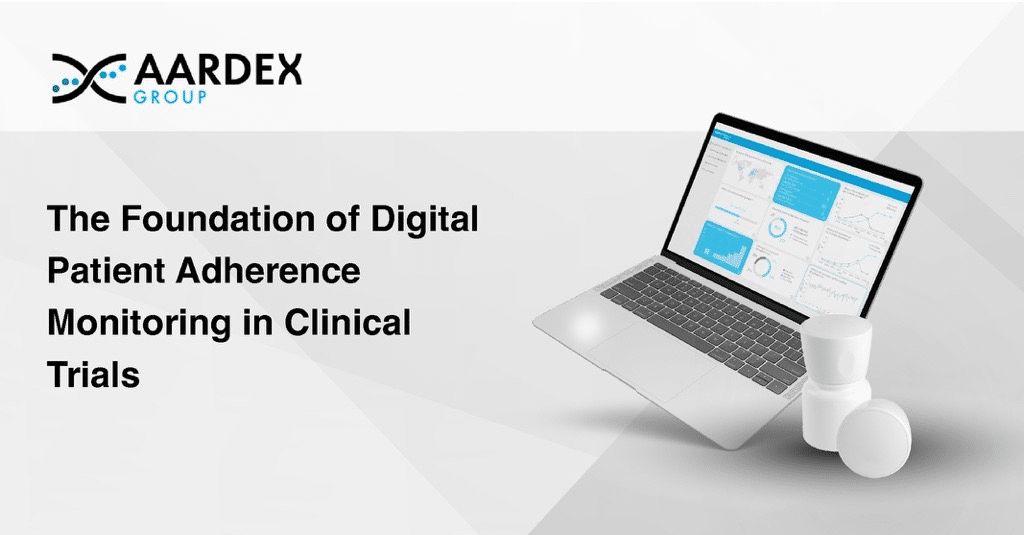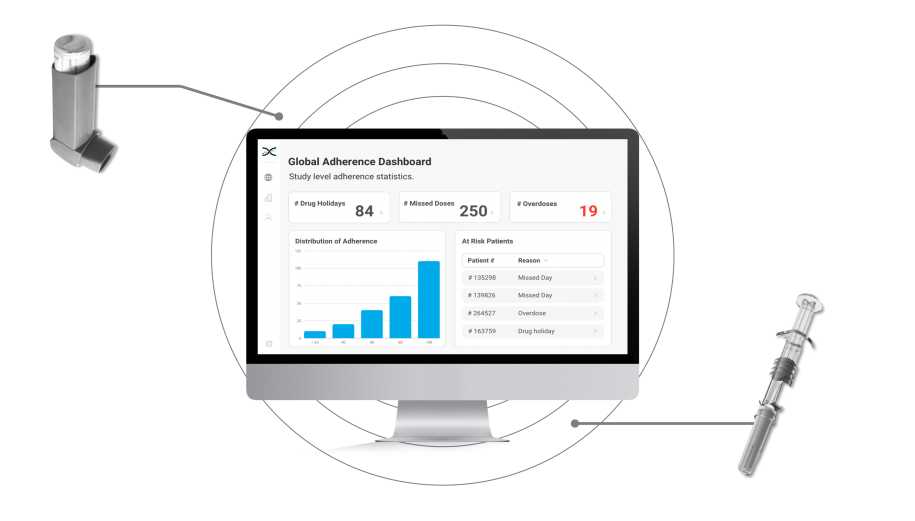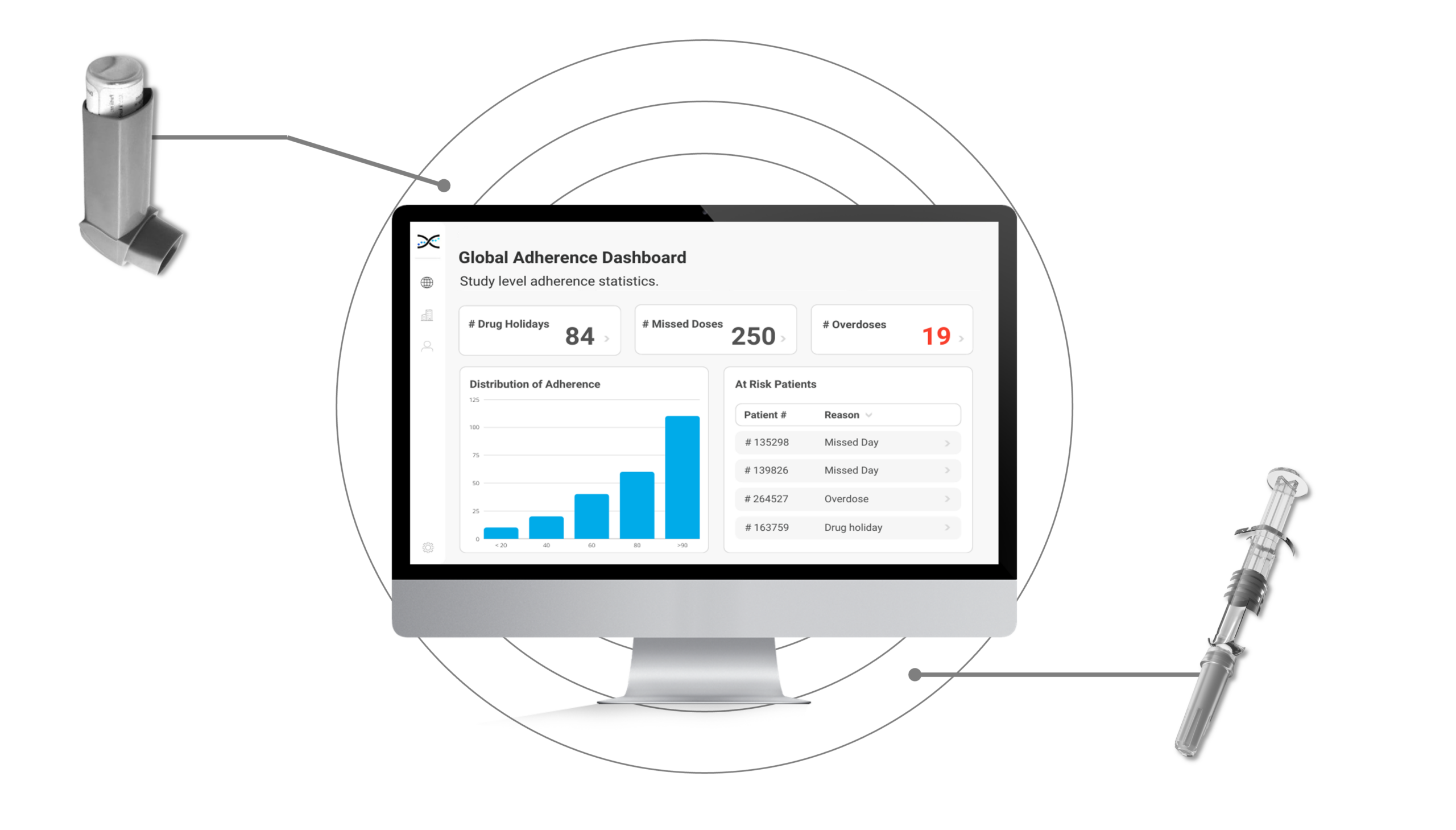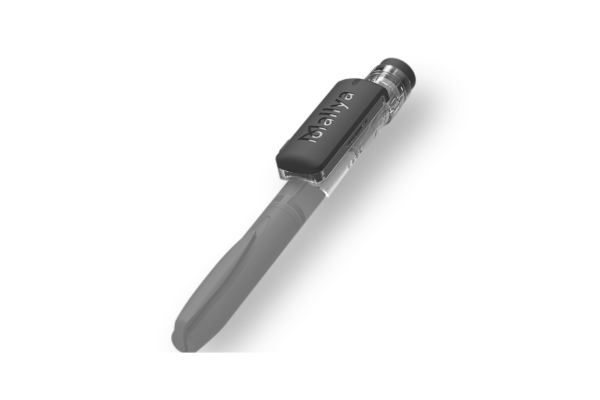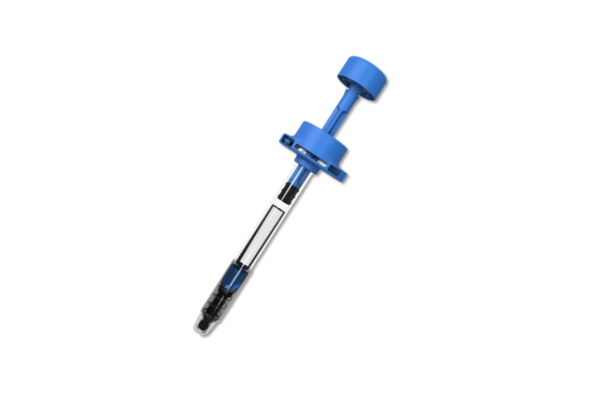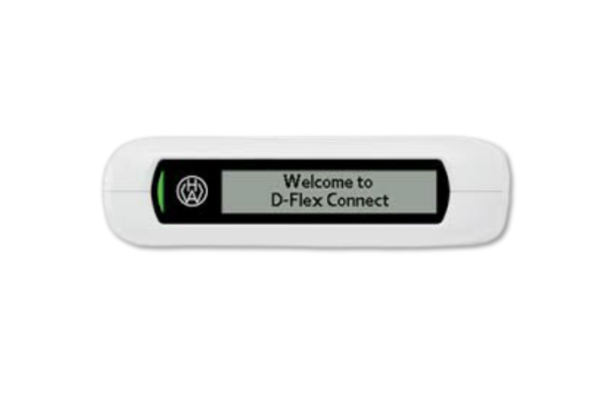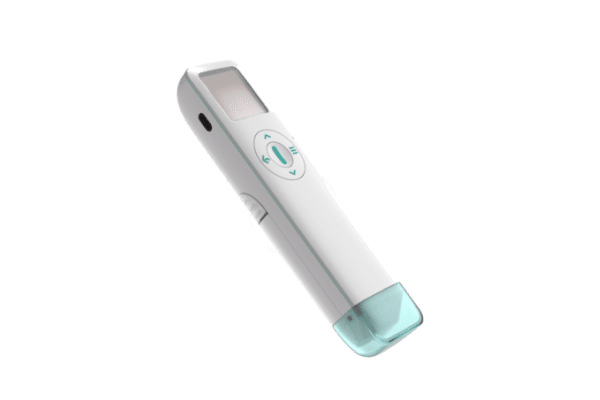Medication adherence devices devices can provide several benefits for clinical researchers. Here are some examples:
Improved accuracy: can provide researchers with accurate data on medication-taking behavior, which can improve the accuracy and reliability of the study results.
Reduced bias: can help reduce bias in the study results by providing objective data on medication-taking behavior. This can help ensure that treatment groups are compared fairly and accurately.
Increased efficiency: can help increase the efficiency of clinical trials by providing real-time data on medication adherence. This can help researchers identify adherence-related issues early and make adjustments to the study protocol as needed.
Remote monitoring: can allow researchers to monitor medication adherence remotely, which can reduce the need for in-person visits and improve the convenience of the study for participants.
Improved patient outcomes: By improving medication adherence, adherence devices can help improve patient outcomes, which can ultimately improve the quality and impact of the study results.
Overall, these devices can provide several benefits for clinical researchers. By improving the accuracy and reliability of the study results, these devices can enhance the validity of clinical trial findings and support the development of effective treatments for patients.
